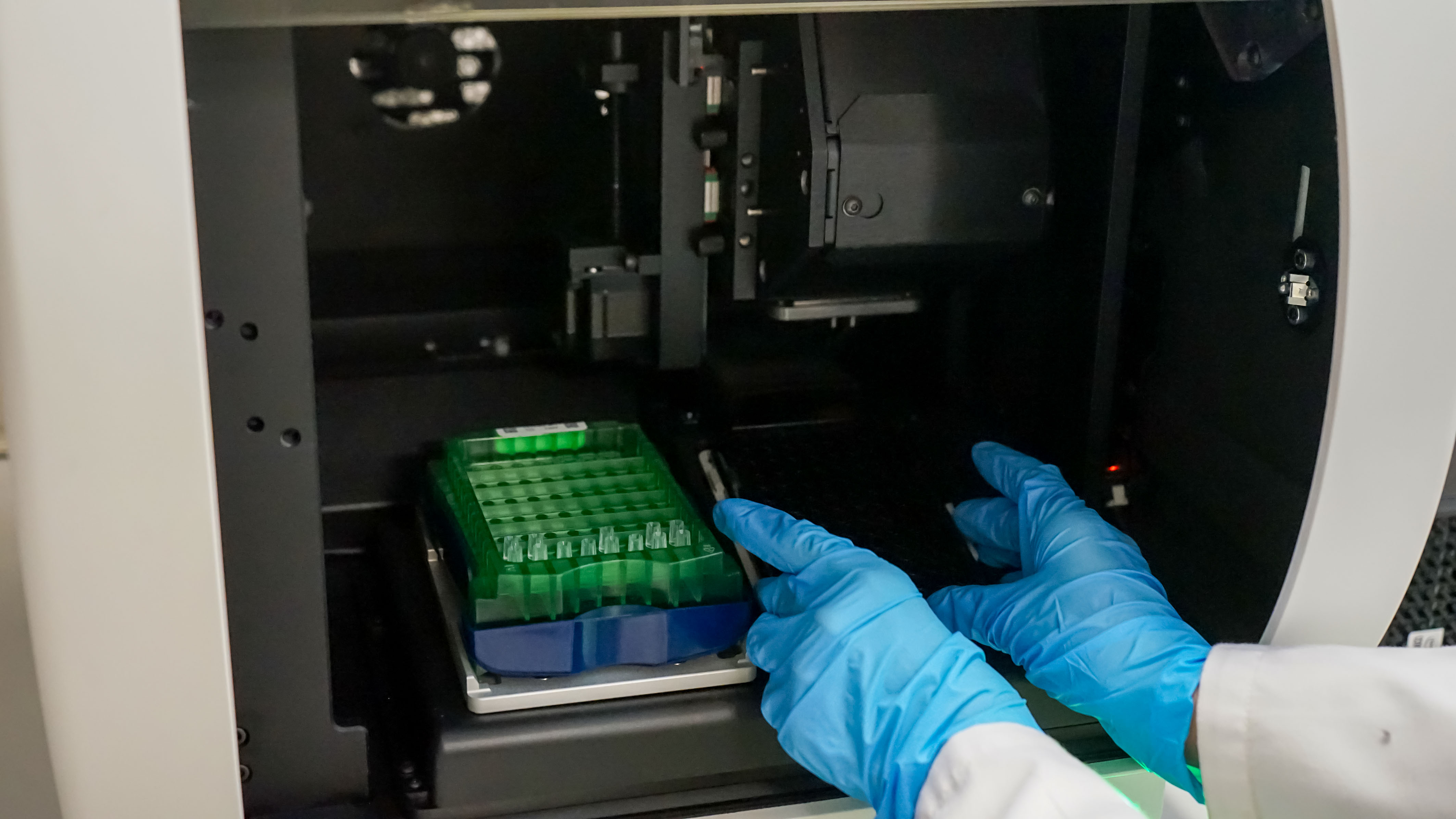EGFR-LYTAC: Lysosomal targeting Chimeras against EGFR for hard-to-treat lung cancer

Lead researcher

Funds Source:
Government of Spain
Period:
01/10/2024 to 30/09/2027
Project status:
ACTIVE
Funding:
258.429,50€
Cell Lung Cancer (NSCLC) is the most common lung cancer as it represents 80-85% of all lung cancers. These cancers often are detected at advanced stages when metastasis have overpassed the regional lymph nodes and spread to other organs, including pleura, liver, bone, and brain among others.
Drugs called TKIs target a protein called EGFR, a protein that helps cancer cells grow – these drugs work well initally but often stop working after 1-2 years because the cancer becomes resistant, leaving few options for patients. This project is developing a new type of treatment called LYTACs, which use the cell’s natural system to destroy harmful proteins like EGFR. It therefore proposes the development of first-in-class, disruptive antibody-based LYTACs (mAbLYTACs) therapy to target EGFR, meaning independently of the resistant mutations, either acquired or intrinsic, this approach will overcome therapeutic resistance and improve patient outcomes in this challenging disease setting.
These novel approaches could benefit patients resistant to TKIs targeted therapies, bringing back the benefices of the EGFR targeted therapies and reducing off-target effects through an alternate and novel mechanism of action. Furthermore, this new approach could spearhead the development of a complete novel therapeutic arsenal against not only hard-to-treat NSCLCs but other EGFR-sensitive cancers.
Collaborators / Funding entity

Aptadegrad SL
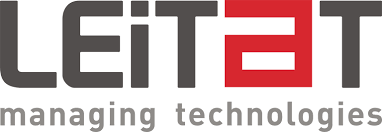
ACONDICIONAMIENTO TARRASENSE - LEITAT
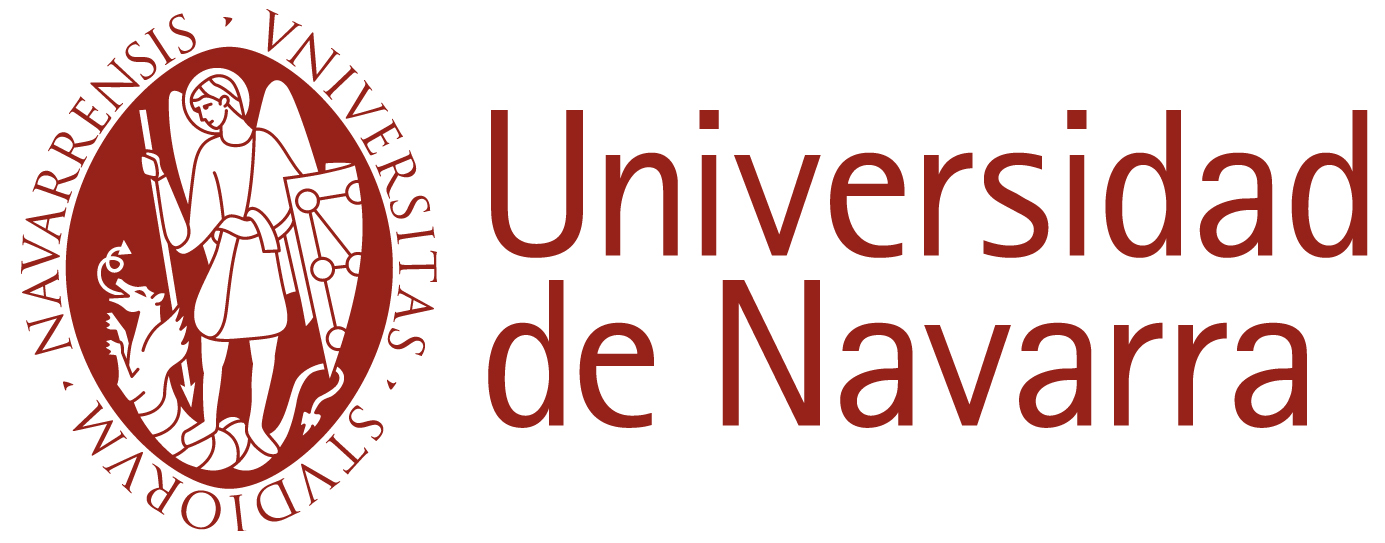
Universidad de Navarra
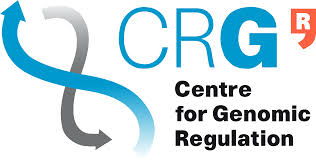
Centre de Regulació Genòmica (CRG)

Agencia Estatal de Investigación
Research groups
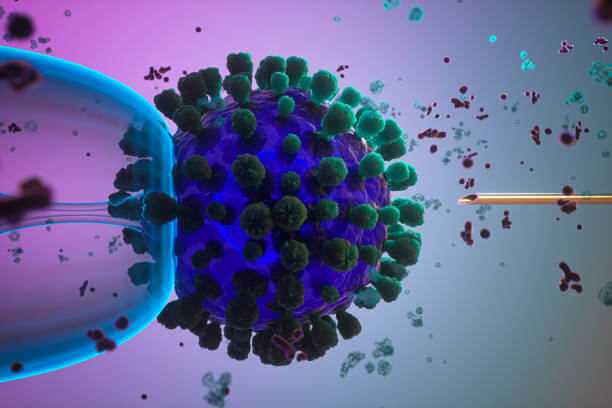
GEMAT – Materials Engineering
The GEMAT group (Materials Engineering Group) conducts its activity in three main areas: the development of new functional materials, surface engineering and biomaterials.
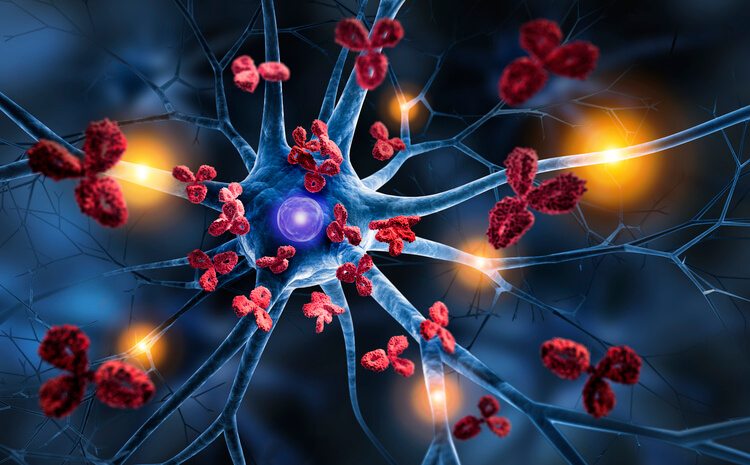
ChemSynBio – Chemical & Synthetic Biology for Biotherapies
In the ChemSynBio group (Chemical & Synthetic Biology for Biotherapies) we combine the power of chemical and synthetic biology to create protein-based precision therapeutics and biomedical tools. Our main goals are to treat brain tumors and other brain diseases, and to understand and improve drug transport across the blood-brain barrier.










